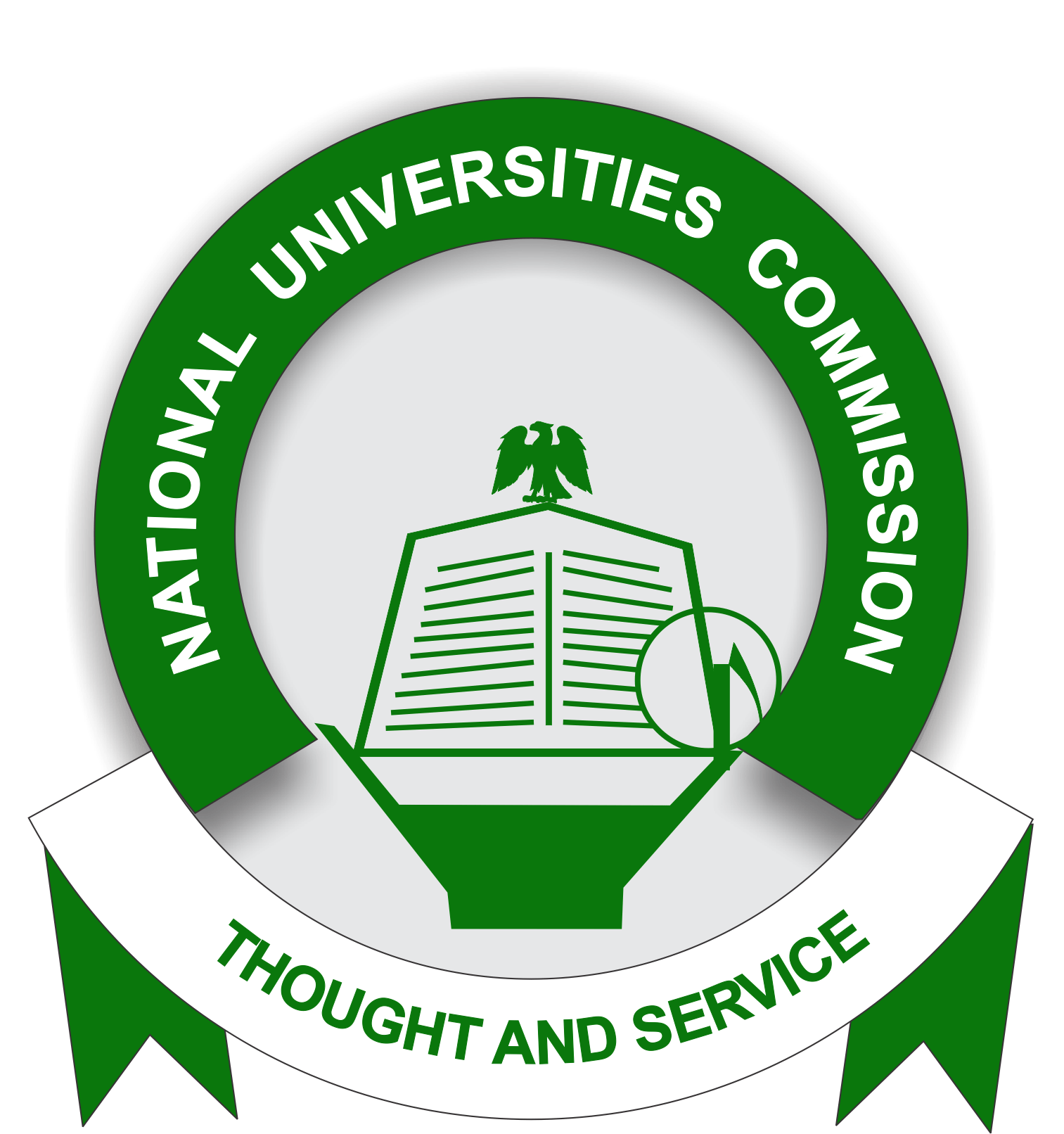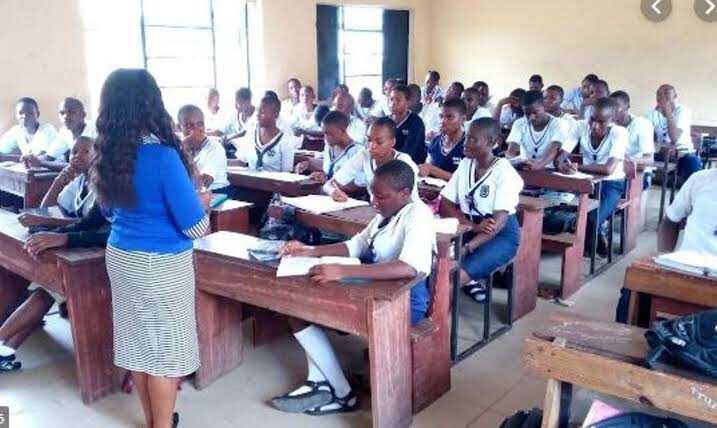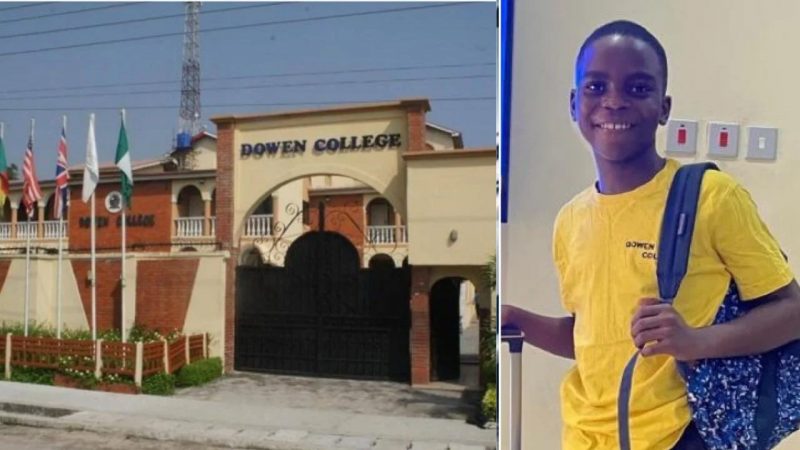Education
Why Nigerian varsities are not among world best — NUC

Poor funding is the main reason Nigerian universities are not ranked among the best in the world, Executive Secretary of National Universities Commission, NUC, Prof. Abubakar Rasheed, has said.
He however said the commission was planning to put in place stringent measures to curtail the proliferation of universities, especially by state governors and ensure adequate funding for universities.
The Senior Staff Association of Nigerian Universities has also lamented that teaching staff are taking over their jobs through the composition of committees by the university management where the teaching staff are made to head such committees.
The NUC executive secretary spoke in Abuja when the leadership of SSANU paid him a visit in his office, in Abuja, the NUC Executive Secretary advised the association to ensure that any time it was entering into any agreement with the Federal Government, such an agreement should be one that will be implementable.
Explaining why Nigerian universities were not among the highly ranked universities in the world, Prof Rasheed said funding had become a key challenge.
He said, “Once a university loses reputation, it has lost everything. The NUC may come up with stringent measures on establishing state universities because some of the state-owned universities are not well funded.”
He noted with regret that in a particular university in the South-South, the state government released to the management about N452 million to run the institution in the previous year, and later slashed the money the next year to N91 million, with a further slash to N40 million.
“I am not sure they are paying salary to staff regularly. Some private universities are sick already,” he said, pointing out that a particular private university had not paid salary to staff for one and half years.
On the concern raised by SSANU President, Comrade Mohammed Ibrahim, who led the delegation that state governors were proliferating universities as if it had become a constituency project, the NUC boss said the governors were interested in leaving a legacy but not investing in the established universities.
He, however, expressed optimism that the new NUC Act would give the commission more powers, unlike the existing one, adding that there should be a master plan to be submitted and approved by the commission before any new university was established.
He debunked the claim that some of the commissions set up by the NUC in the universities were dominated by teaching staff, against non-teaching staff.
Speaking earlier, SSANU President, Comrade Ibrahim, lamented that some of the jobs meant for non-teaching staff were being taken over by teaching staff.
He said the association believed in excellent service and doing things in the right way, adding that the voices of members of SSANU would only be heard when necessary.
He said, “Our members are becoming more and more troubled by the recent developments coming out of the university system. Our members’ jobs are being taken over by so many committees in the universities.
“There is the issue of non-payment of salaries, especially for our members in state universities. Some have not received salaries for up to six months, yet we hear that NUC is giving accreditation to new state universities.
“NUC should ensure that our members are not languishing in their offices. We are also disturbed over the negative development of nonuniformity in the conditions of service in the universities. This is happening to the morale of our members. We call for a uniform standard in the universities.”

Education
Tinubu orders conduct of all schools, teachers census

Tinubu orders conduct of all schools, teachers census
President Bola Tinubu has ordered the conduct of a census in the education sector to aid proper planning.
The directive which came on Thursday is aimed at producing accurate data on all schools in Nigeria from primary to tertiary level, their present conditions and facilities, proximity to one another and infrastructure.
It is also know the number of teachers in the country, their qualifications, training support received; number of pupils and students in primary, secondary, and tertiary institutions, gender, and exam grades.
A statement by Special Adviser to the President on Media and Publicity Bayo Onanuga said the policy DOTS, an acronym for Data Repository, Out-of-School Children Education, Teacher Training and Development, and Skill Development and Acquisition, will comprehensively overhaul the education sector.
This, he said, would improve learning and skill development, increase enrolment and ensure the academic security of the nation’s children.
According to the Presidency, the information that will be derived from the exercise will guide federal and state interventions for teachers’ training and development as well as overall support.
The statement read in part, “It will also provide data on gender ratio (boys and girls), their specific learning needs, and who is in school or who has dropped out based on daily monitoring with year-by-year reporting.
“There will be a dedicated portal/dashboard in the Federal Ministry of Education, offices of state governors, and local government chairpersons, which will host and disseminate this information for the federal government, states, and local governments to monitor in real time.
“This new data tracking architecture will enable the government to track the progress of students, thus having a clear data-driven mechanism for interventions, especially concerning out-of-school children, [especially] girls, and those with specific learning disabilities, among others.”
The Presidency also gave an update on out-of-school children’s education and training.
It said the Federal Ministry of Education was already implementing the government’s policy through the activities of four of its agencies, with about two million beneficiaries recorded thus far.
Education
22 Zamfara varsity students, staff members released after six months in captivity

22 Zamfara varsity students, staff members released after six months in captivity
Twenty-two abducted students and staff members of the Federal University Gusau, Zamfara State, have finally been released after six months in captivity.
The victims, comprising 15 students and seven workers of the university, were abducted from the university in September 2023.
They were received on Monday April 15 in Abuja by the National Security Adviser, Nuhu Ribadu.
The captives were released in three batches, with the last batch returning home on Sunday April 14.
Ribadu said the rescue operation was coordinated by the National Counter-Terrorism Centre.
He urged them not to allow their experience to break them, but should rather make them stronger.
He said, “On behalf of the President, I thank all those involved in the successful rescue of the victims without losing anyone of them or paying any ransom.
“This is yet again a success story in our efforts to free all those being unlawfully held in captivity.
“We have so far released over a thousand of such victims without noise and with complete respect to their privacy and safety.
“This occasion marks a final juncture in a series of rescues we have undertaken in the last few months, to free victims of recent cases of mass abductions.
“Going forward, we are strengthening law enforcement and security measures to prevent these abductions, and strengthen physical security across vulnerable communities.”
National Coordinator, NCTC, Maj.-Gen. Adamu Laka, recalled that those rescued were abducted from the school on September 22, 2023, at about 0230hrs.
He said the bandits armed with various weapons attacked three off-campus students’ hostels at Sabon Gida in Gusau and kidnapped a number of female students alongside some male artisans.
Others, he said, were a private security guard and a protocol officer of the university.
He added that the bandits ransacked the hostels, and carted away foodstuffs, mobile phones, laptops, ATM cards, cash and other valuables.
According to him, the abductees were subsequently herded on motorcycles and foot to a location through a town in the Tsafe Local Government Area of Zamfara.
Laka said, “Search and rescue was conducted by a combined team of law enforcement agencies and the abductees were subsequently released in three batches, after 207 days in captivity.
“The first batch was rescued on March 15 while the second batch was rescued on April 12 and the last batch was rescued on April 14.
“All the abductees were profiled at the NCTC while the ONSA Medical Team examined them and administered minor treatments on the bruises sustained by 3 of the abductees.”
Education
Oromoni’s death natural but avoidable, coroner rules

Oromoni’s death natural but avoidable, coroner rules
Sylvester Oromoni died of a natural cause and not due to any action by his school, Down College, or accused five students of the college.
This is the verdict of a coroner, Mikhail Kadiri, who presided over the matter on Monday during a seven-hour magistrate court sitting in Ogba, Lagos.
The judgement coming after a two-year inquiry, affirmed that the 12-year-old died of sepsis emanating from an infection of the lungs and kidney due to an ankle injury.
The coroner however said his death was an avoidable case of parents and medical team’s negligence.
Sylvester Oromoni Junior who was a student of Dowen College in Lekki, Lagos, died on November 30, 2021.
The coroner cleared the five students of the college accused in the case, ruling that they played no part in the death of Sylvester and should not have been involved in the matter.
He also advised parents not to take their children’s health with levity.
The magistrate also called for better cooperation between the police and medical team and that the police must exercise caution before making arrests in the future.
-

 News7 days ago
News7 days agoFG gives update on where fleeing Binance executive is hiding
-

 metro7 days ago
metro7 days agoTroops neutralise 188 terrorists, rescue 133 hostages in assault operations
-

 metro7 days ago
metro7 days agoViral video: Edo CP orders trial of officer threatening people with gun
-

 Opinion7 days ago
Opinion7 days agoBBC, Betta Edu, and ministry of corruption – Farooq Kperogi
-

 News6 days ago
News6 days agoNLC, TUC jointly propose N615,000 new minimum wage
-

 Sports5 days ago
Sports5 days agoUnited in hot chase for Osimhen amid transfer speculations
-

 News7 days ago
News7 days agoI helped Emefiele to collect $3m cash – Dispatch rider
-

 Business7 days ago
Business7 days agoNaira could trade below ₦1,000/$ – Goldman Sachs






















